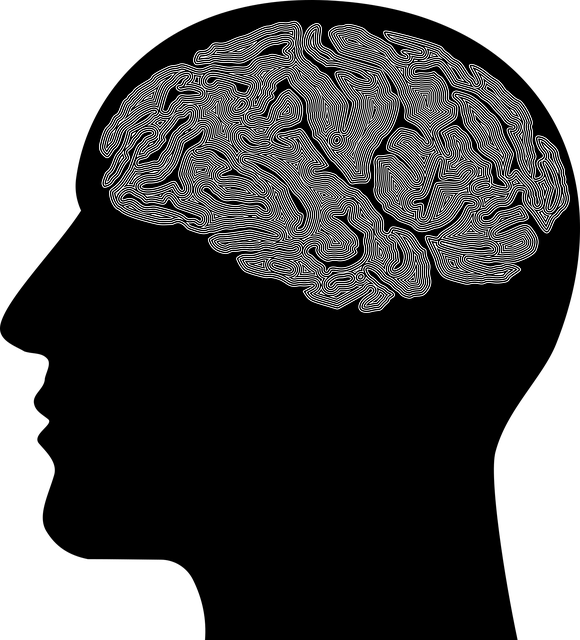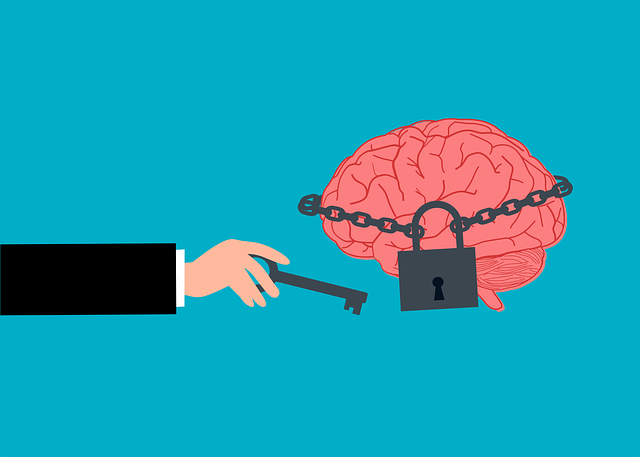In Longmont, Colorado, stigma surrounding mental illness hinders access to necessary support, leading to discrimination and isolation. To combat this, innovative initiatives focus on cultural sensitivity in healthcare practices, community outreach programs, and inner strength development. Longmont Mental Health Evaluations play a key role in destigmatizing mental health issues, empowering individuals to seek therapy, and promoting early intervention. These comprehensive assessments, combined with self-care guidance and social skills training, aim to revolutionize mental wellness by offering personalized treatment plans in a supportive environment. Community engagement, education, and policy changes are crucial for creating a more inclusive ecosystem where residents can access essential mental health resources without judgment or discrimination.
Mental illness stigma remains a significant barrier to treatment, yet reduction efforts are gaining momentum. This article explores comprehensive strategies to combat this pervasive issue. We delve into the profound impact of stigma and its effect on individuals seeking help. Key components include Longmont Mental Health Evaluations, which enhance access to care, and therapy’s pivotal role in stigma reduction. Additionally, we examine community engagement, education, and policy changes that collectively foster a more supportive environment for mental health.
- Understanding Mental Illness Stigma and Its Impact
- Longmont Mental Health Evaluations: Unlocking Access to Care
- The Role of Therapy in Stigma Reduction
- Community Engagement and Education Strategies
- Policy Changes for a More Supportive Environment
Understanding Mental Illness Stigma and Its Impact

Stigma surrounding mental illness is a pervasive issue that often prevents individuals from seeking the help they need. This societal bias can manifest in various ways, leading to discrimination and isolation for those struggling with their mental health. Many people associate mental illness with weakness or personal failure, which creates a fear of judgment when considering therapy or mental health evaluations. In Longmont, Colorado, where access to quality mental healthcare is essential, efforts are being made to combat this stigma through various initiatives.
One significant aspect of reducing the impact of mental illness stigma is fostering cultural sensitivity in mental healthcare practices. By promoting understanding and empathy within the healthcare system, individuals from diverse backgrounds can feel more comfortable seeking support. Additionally, community outreach program implementations play a crucial role in educating the public about mental health, breaking down barriers, and encouraging early intervention. These strategies, combined with inner strength development, empower individuals to take control of their mental well-being and pursue the therapy they deserve without the lingering fear of stigma.
Longmont Mental Health Evaluations: Unlocking Access to Care

In Longmont, Colorado, Mental Health Evaluations are being used as a strategic tool to unlock access to much-needed care and treatment for individuals struggling with mental health issues. These evaluations serve as a gateway, providing comprehensive assessments that accurately diagnose various conditions such as depression, anxiety, and psychosis. By streamlining the initial assessment process, Longmont Mental Health Evaluations aim to remove barriers that often prevent people from seeking professional help.
The community-driven approach involves implementing programs like Community Outreach, which increases visibility and reduces stigma. Additionally, initiatives like Mental Wellness Journaling Exercise Guidance offer support for self-care and personal reflection, empowering individuals to take an active role in their mental health journey. Furthermore, Social Skills Training is being integrated into treatment plans, fostering a sense of belonging and improving overall well-being, thereby encouraging timely intervention and long-term recovery.
The Role of Therapy in Stigma Reduction

Community Engagement and Education Strategies

In efforts to reduce the stigma surrounding mental illness, community engagement and education play a pivotal role. By bringing mental health services directly into the heart of communities like Longmont, local residents can access essential resources without facing barriers such as transportation or accessibility issues. These initiatives often involve collaborative partnerships between mental health professionals, schools, workplaces, and community organizations to foster open dialogue and dispel misconceptions. One effective strategy is integrating risk assessment tools, like those used in Longmont Mental Health Evaluations, into routine healthcare practices to promote early intervention and reduce the severity of symptoms.
Moreover, education programs focusing on social skills training and cultural sensitivity in mental healthcare practice are integral components of stigma reduction. By equipping both mental health professionals and community members with a deeper understanding of diverse cultural perspectives, these programs help ensure that care remains inclusive and tailored to individual needs. This holistic approach not only improves access to therapy but also cultivates supportive environments where individuals feel empowered to seek help without fear of judgment or discrimination, ultimately contributing to healthier communities in Longmont and beyond.
Policy Changes for a More Supportive Environment

In efforts to reduce the stigma surrounding mental illness, policy changes play a pivotal role in fostering a more supportive environment for individuals seeking Longmont Mental Health Evaluations and therapy. One significant step is the implementation of Community Outreach Program initiatives that increase awareness, dispel myths, and promote understanding. These programs can take various forms, such as educational workshops, support groups, and public events, aiming to engage community members and build a network of support for those facing mental health challenges.
Additionally, integrating Social Skills Training into therapeutic practices has proven effective in reducing stigma. By equipping individuals with the skills to navigate social situations and communicate their needs effectively, these training programs empower them to seek help without fear of judgment. Furthermore, encouraging Mental Wellness Journaling Exercises as a therapeutic tool not only promotes self-awareness but also normalizes the act of prioritizing mental health, thereby reducing the perceived difference between those struggling with mental illness and those who prioritize well-being.
In addressing mental illness stigma, a multifaceted approach is essential. From access to care through Longmont Mental Health Evaluations and therapy sessions, to community engagement and policy changes, each strategy plays a vital role in creating a more accepting and supportive environment. By continuing to educate and advocate, we can ensure that individuals facing mental health challenges receive the understanding and assistance they need to thrive.








